Social media causes yet another source of stress for teens
Following just some of the simple steps above may help reduce stress that social media can cause for youth, especially youth struggling with anxiety or depression.
You get buzzing from a post notification, an alert about a new video, and a direct message from a friend you just saw a few minutes ago. You check the notification to see who commented on your photo. Then you quickly move ahead to watching the video from your favorite Youtuber. After that you respond to the friend that texted “What’s up?” even though you said goodbye to them when you were leaving school. Once you finish it all and your phone screen is finally cleared, you get yet another notification.
This non stop stream of notifications about useless social media status information caused me pointless stress, so a few months ago I decided to turn off my social media notifications. This helped me feel calmer and more connected to the real world. I also started to notice just how much social media affects the mental health of those around me.
I noticed friends that felt the urgency to reply to Snapchat streaks, or who would modify photos of themselves to make them “acceptable” for Instagram. Some would stay up way past a decent bedtime to keep up with their YouTube videos. This experience made me wonder: ‘How does social media affect teens?’ and ‘How can people use social media in a healthy way?’
Erin Walsh translates research on social media so people can understand it. She works with the organization HECUA (Higher Education Consortium for Urban Affairs), which uses the power of the media to create positive and social change. She also works with Mind Positive Parenting, where she leads a workshop for youth, educators, and parents about the effects social media has on health and wellness.
Walsh said that “[Social media is] a complicated issue. I don’t think it is one that we can say inherently is good or bad, but we do know that they’re powerful.” I would agree with her, because the students I talked to about social media all used it differently so they had different perspectives on how it makes them feel.
Jaweriya Hersi is a freshman who says she is on social media “all the time.” She posts photos, chats online with friends, and keeps up to date with celebrities. Milo Scott is a junior who unlike Hersi is rarely on social media. When Scott does use social media it is to hear the other perspective people have on an issue. Despite their differences in social media usage they both agree that social media can be stressful.
Hersi started using social media because of peer pressure. “I wanted to be a part of the group. I didn’t want to be the outcast,” said Hersi. Her friends often talk about things she would not know if she did not keep up to date with social media. Hersi feels like she always needs to have a charger, wifi, or service to make sure she stays connected. “It’s stressful that you need that to keep up with your friends, which is sad,” she said.
Scott, however, thinks that you do not need social media to be a social person. “I can connect to people through other things,” he said. Scott believes that having social media causes people to “follow blindly” due to peer pressure and “It ends up causing them to do the more popular things.”
Hersi does enjoy chatting with her friends both online and offline, while Scott spends more time investing in his social skills offline. Whether you socialize online or offline finding a balance between real world relationships and online relationships is important. “Our face-to-face relationships really matter. That’s not to say that online relationships aren’t important… But I do think that we human beings need practice navigating relationships [and] often times that is most productive face-to-face,” said Walsh.
Talking face-to-face with people about issues such as anxiety and depression is important. According to Walsh, research shows that when people are in a bad mood they tend to go to their phones for support, because when one first goes online they get a dose of dopamine. But if they are not getting any positive feelings over a period of time it can backfire and make it worse. “If every time we feel uncomfortable or anxious and we turn to our phones we lose the opportunity to build a different skill set [offline],” said Walsh.
“I think that if you’re already struggling with baseline levels of anxiety and depression, it’s not that those of us who feel that way shouldn’t go online, [but] we should be extra reflective about our online practices,” she continued.
Walsh suggests that the best thing to do if you are feeling anxious or depressed online is to take a self assessment of how you feel when you are online and offline. Some things to ask yourself: is social media strengthening your relationships with others? How important is social media to you? How does social media make you feel once you are done being online? Was it overall satisfying or beneficial?
Social media is stressful, but it doesn’t have to be depending on how you use it. In order to have a positive and healthy social media experience it’s important to be aware of yourself, and make adjustments to your social media usage that benefit your health best. “I think that if we can get [social media] back into balance there is a lot to be excited about,” said Walsh.

This is Mia Swanson’s third year with the Southerner, and their first year as the Southerner’s Managing Editor. Swanson is very excited to be this...



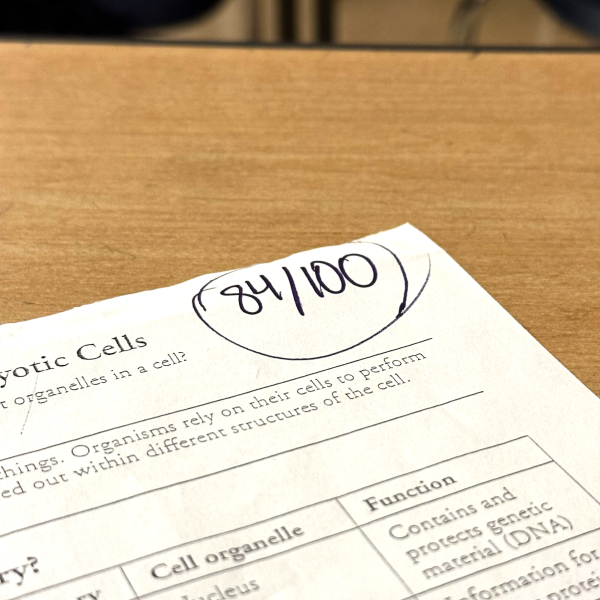
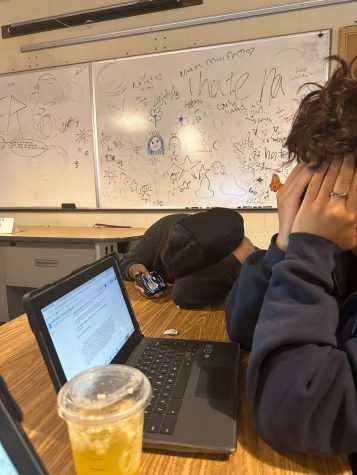

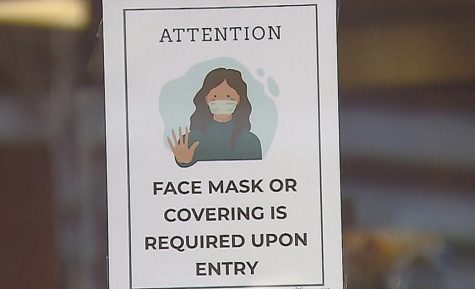

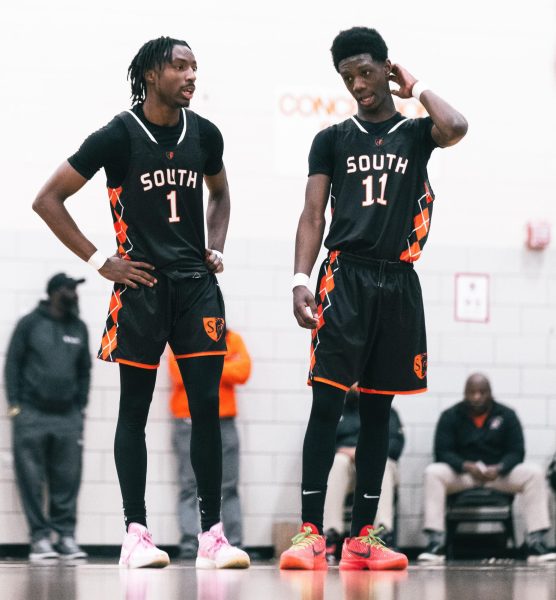
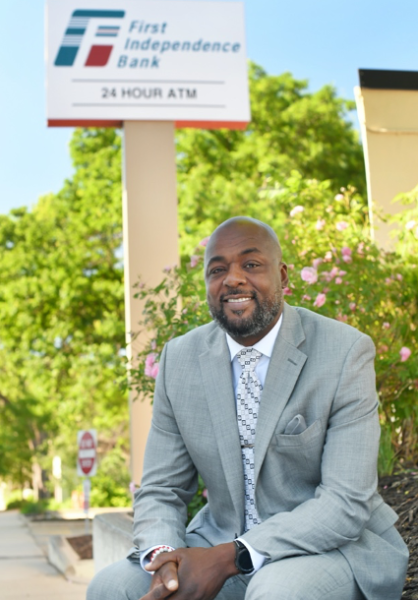





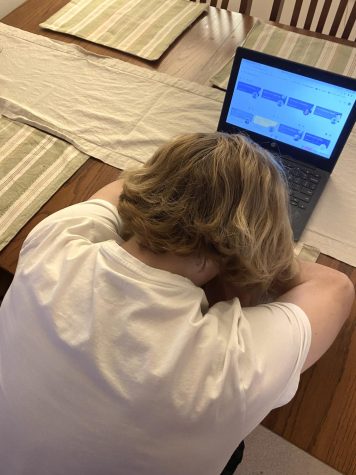

Milo H. Scott • Mar 28, 2018 at 12:44 pm
This is Milo. There is one more thing I forgot to mention that is a major reason that why I have minimal social media. I am socially forced into isolation. I may be in a crowded room, but yet I am alone. No matter how loud I shout their names, they ignore me. I am treated like a ghost, always the odd man out, even with a partner for a project. It will always be one of two things, they’d either ignore me and join someone else’s group or just sit there, looking right in their phones, texting their friends, leaving me to literally do all the work, by myself. Its like life is just making everyone become distracted, unaware, leaving me and my sanity to break and wither away, only leaving my insanity present. It is social media that is my torturer, it’s users are it’s tools. With no one aware and nobody to care, it will leave me there, in this social void, where everyone throws me away, making my sanity grow fowl with decay.
It almost makes me dead inside, seeing everyone using their phones to hide behind. Everything I have written, created, designed, and published have something all in common that contrasts from me, someone that helps you and is there for you, to ease your pain, and help make the insanity go away.
I have a tendency to write or type in rhymes when ever I am extremely stressed.